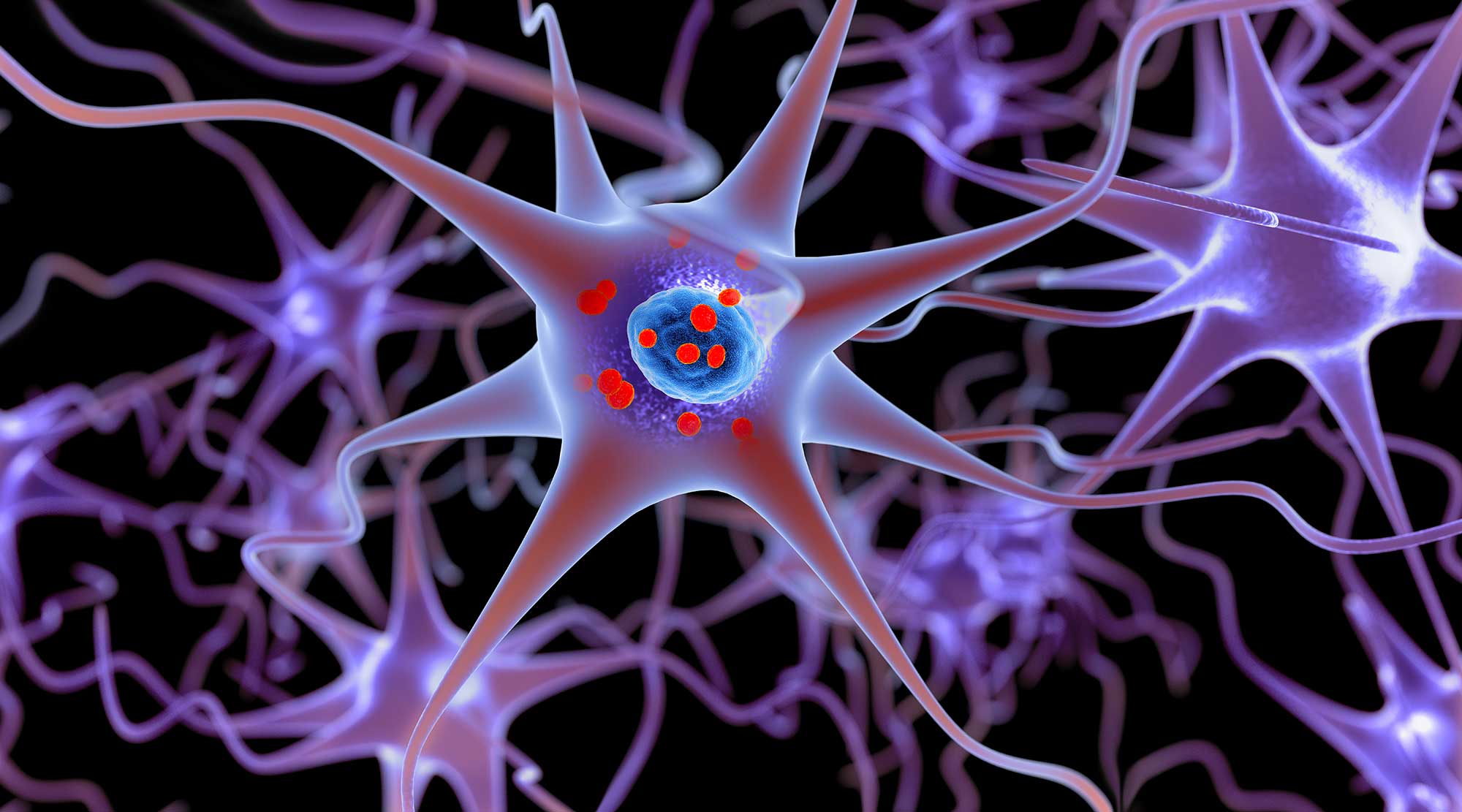Baylor Scott & White Research Institute researcher Erxi Wu, Ph.D. recently co-authored a paper published in Nature Communications, demonstrating the successful creation of a mouse model of pure autonomic dysfunction caused by α-Syn pathology. Researchers believe this model could help establish mechanistic links between the transmission of pathological α-Syn and the cardinal features of autonomic dysfunction in α-Synucleinopathy.
α-Synucleinopathies are a category of progressive neurodegenerative diseases, such as Parkinson’s disease, characterized by autonomic dysfunction and motor impairments. Among the different α-Synucleinopathies, pure autonomic failure (PAF) is novel in that it produces slowly progressive autonomic failure similar to other α-Synucleinopathies, but does not produce motor dysfunction. Researchers on this project sought to replicate PAF pathogenesis to better understand potential progression mechanisms, and establish a model that may be used to inform future disease modifying therapies for PAF and other autonomic dysfunction stemming from α-Synucleinopathy.
In this work, the researchers demonstrated that inoculation of alpha-synuclein (α-Syn) preformed fibrils into the stellate ganglia and celiac ganglia of M83 transgenic mice commonly used to study human neuronal alpha-synucleinopathies, induced transmission of pathological α-Syn through the autonomic pathway to both the central nervous system and autonomic innervation of peripheral organs bidirectionally. Additionally, the M83 transgenic mice demonstrated common pure autonomic dysfunction, such as hypotension and anhidrosis, while maintaining the signature PAF quality of carrying no signs of motor dysfunction. Taken together, these outcomes confirmed the creation of a viable mouse model of pure autonomic dysfunction induced by pathological α-Syn.
In addition to this area of research, Dr. Wu is active in exploring the use of tools from human genomics and drug discovery to better understand the biology of brain tumors, pancreatic and other cancers, as well as other neurodegenerative diseases.



